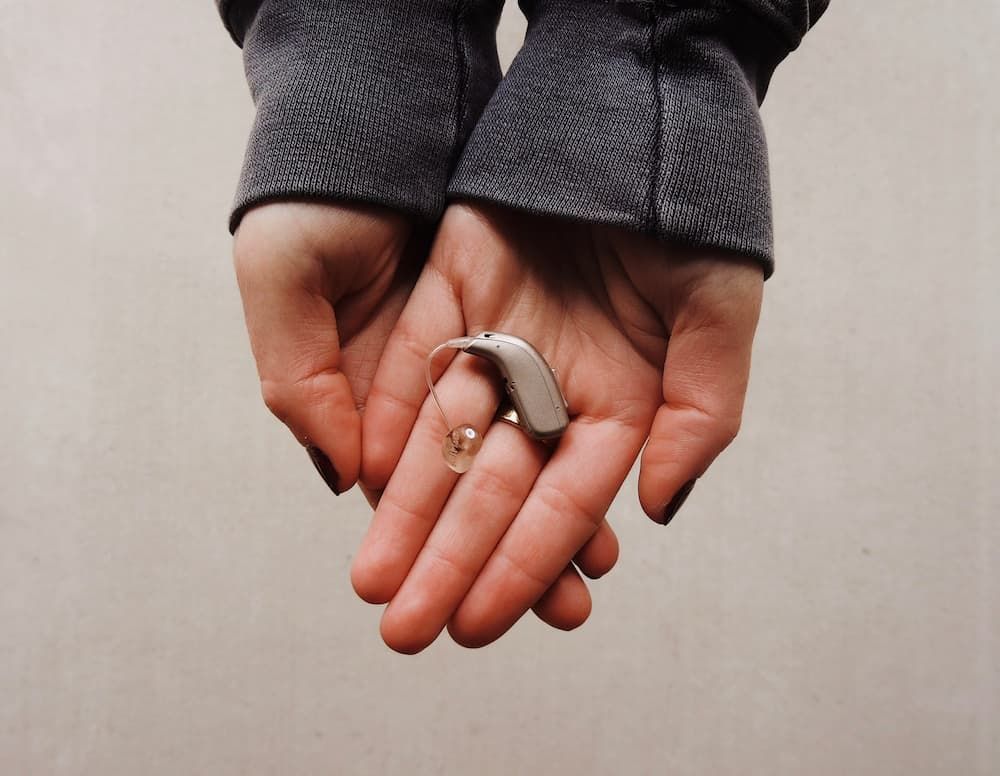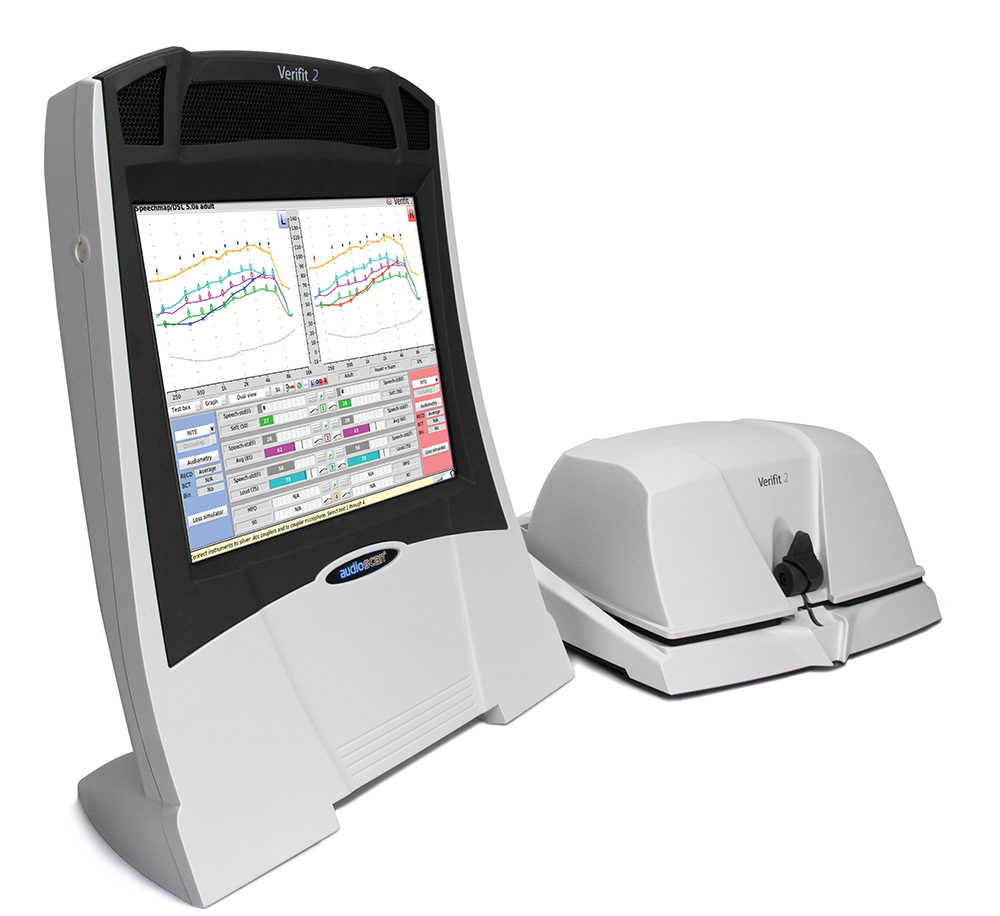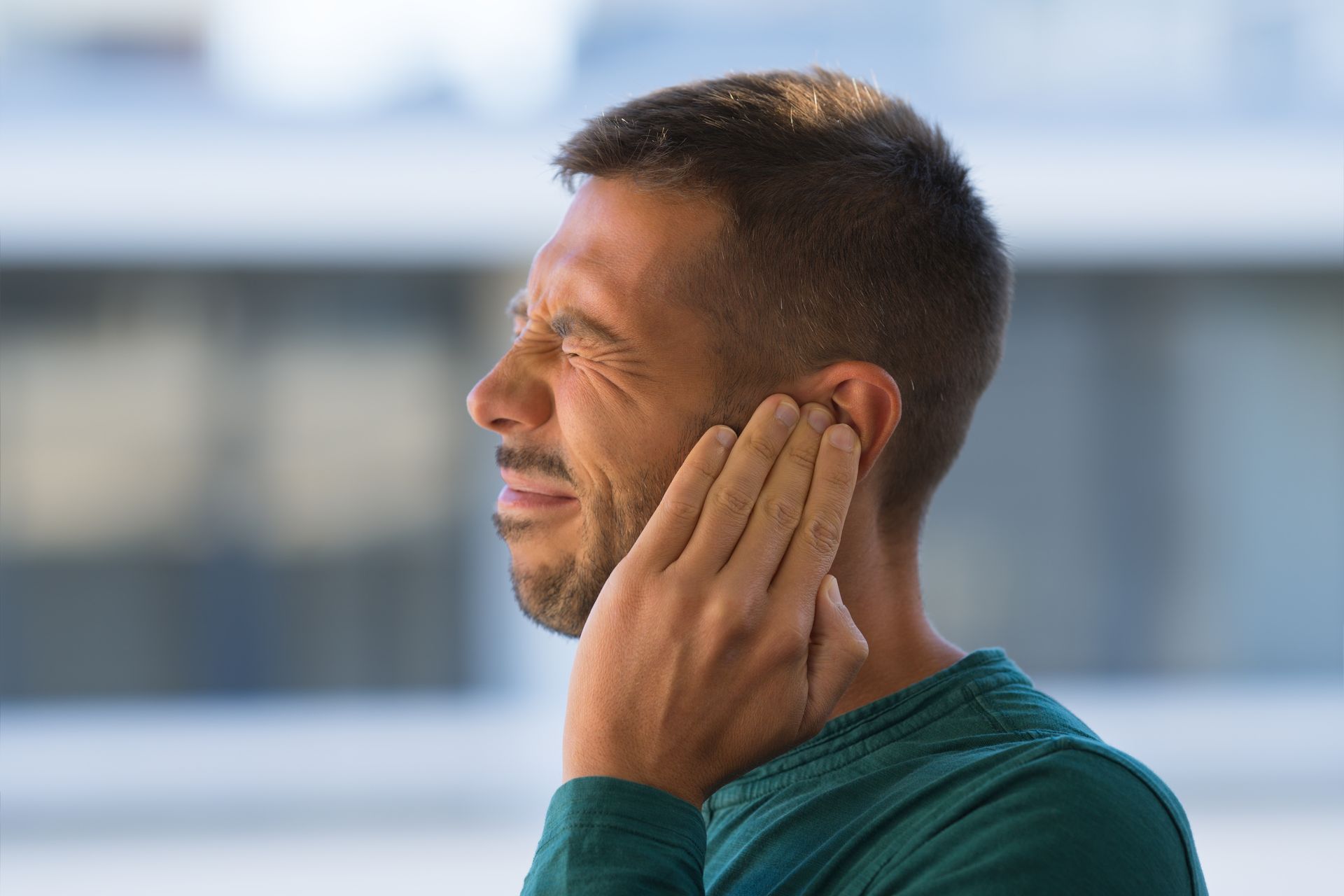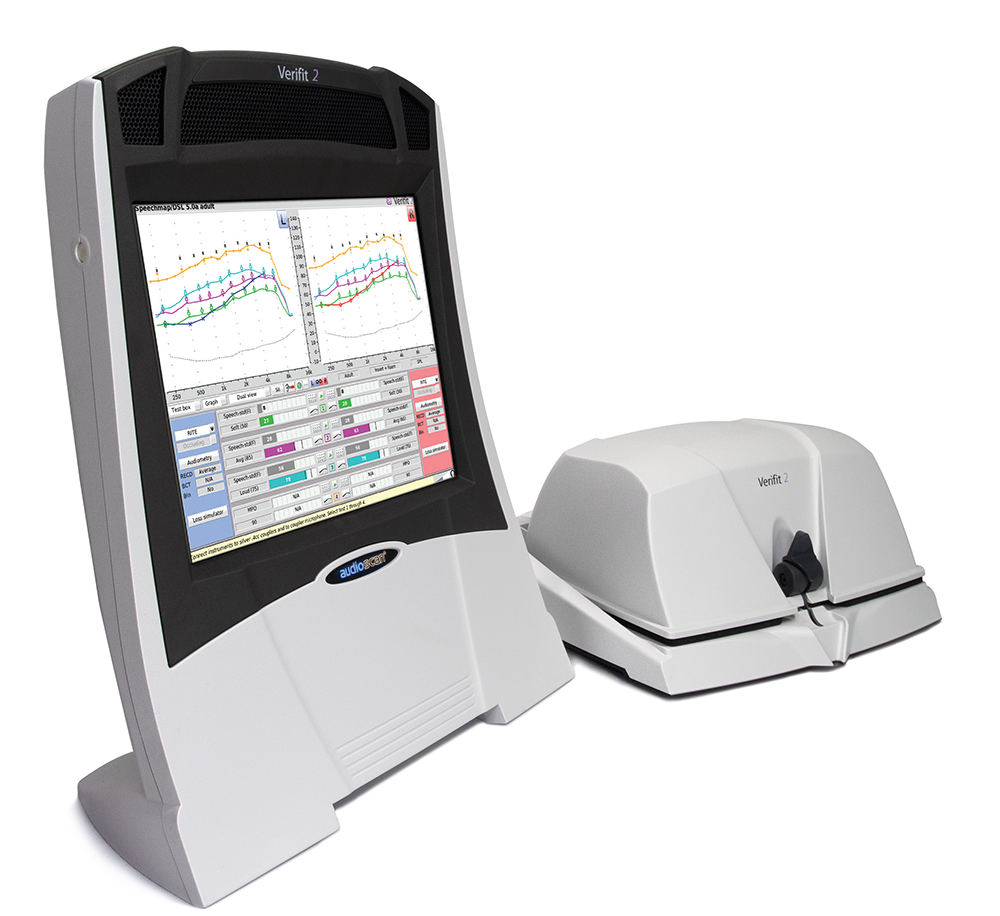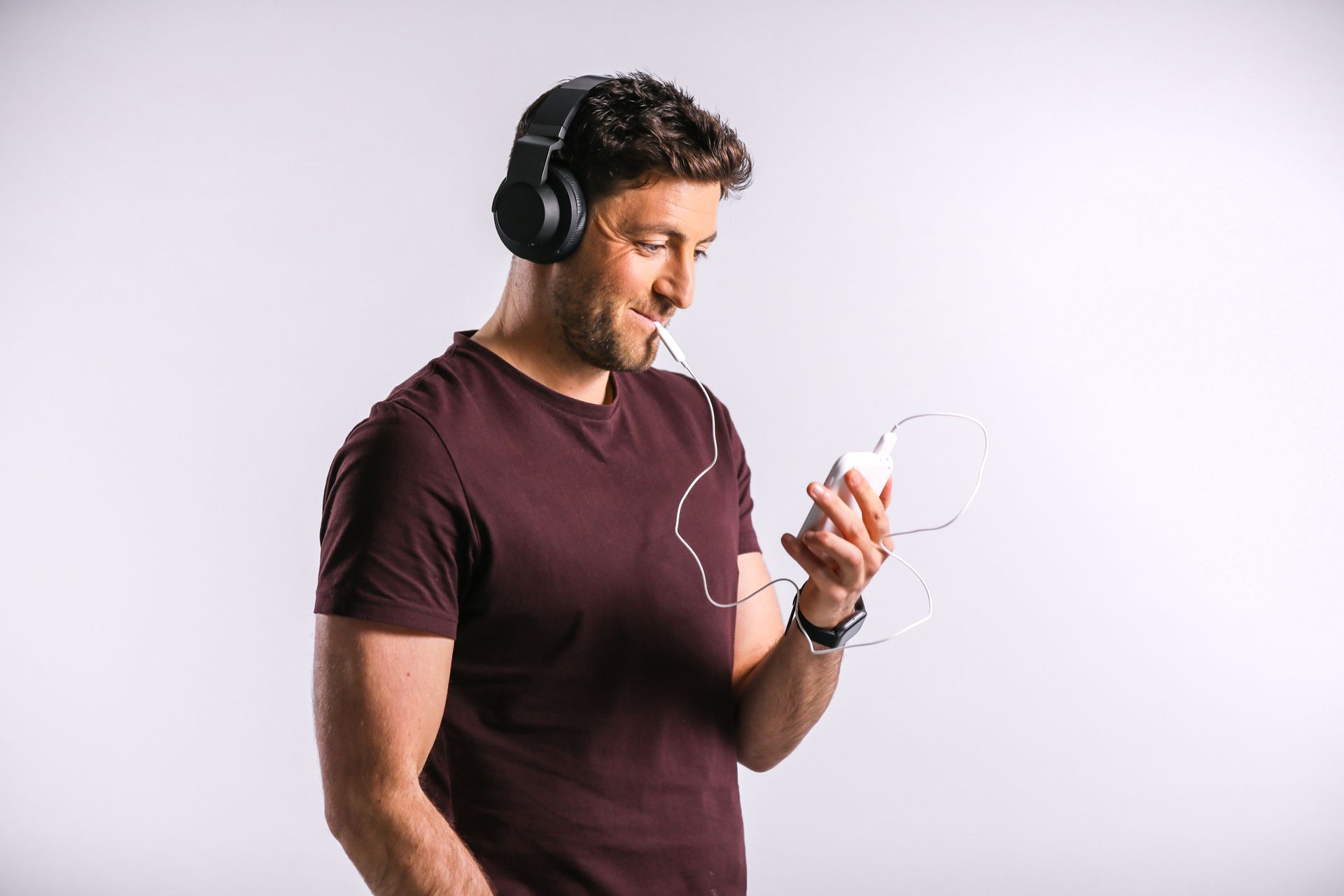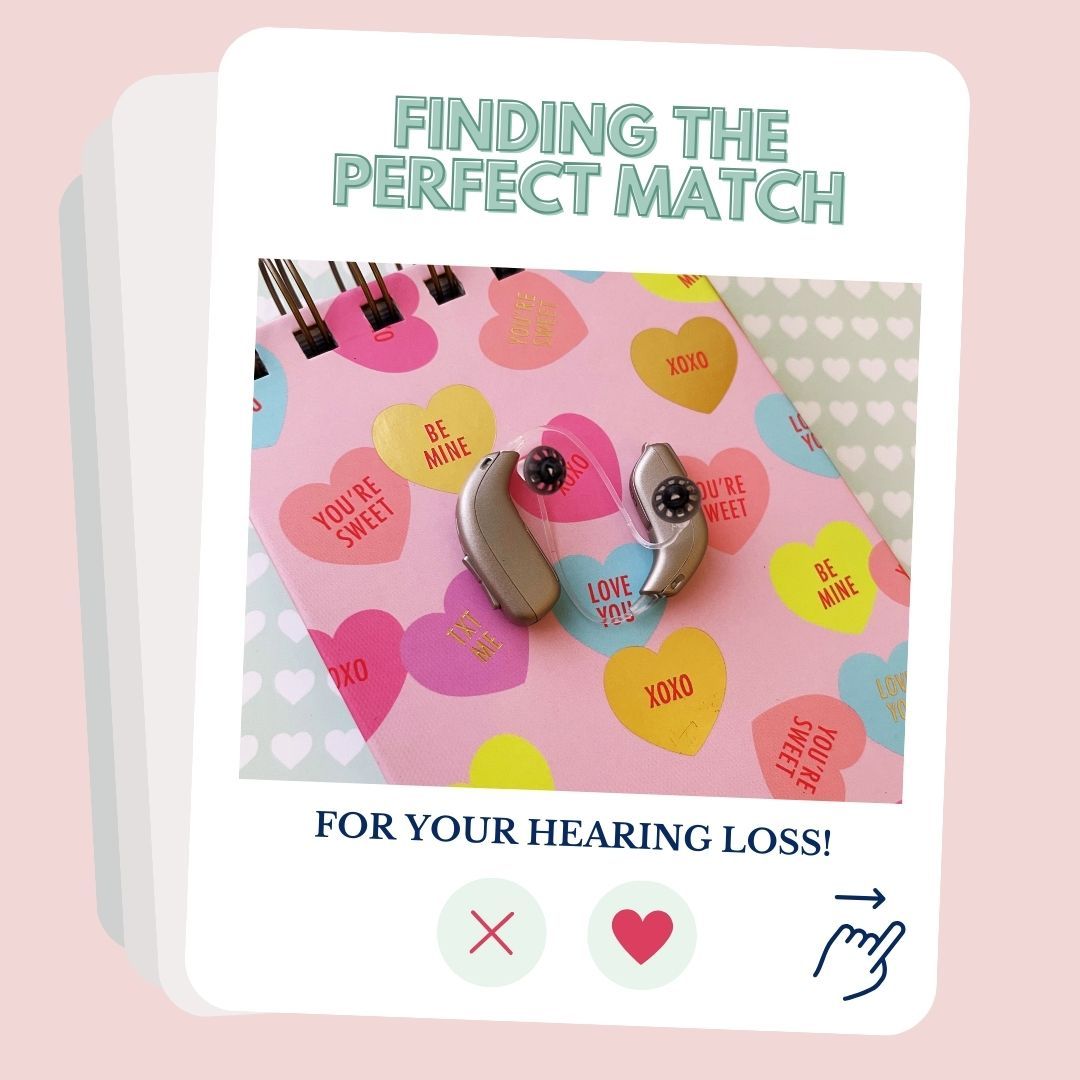How to prevent discomfort in the ear when flying

How to prevent discomfort in the ear when flying
 Some of us experience discomfort or pain in our ears during flying. It happens mainly during ascent and descent, or if the altitude changes suddenly. It almost feels like the ear is blocked and we cannot hear properly. This phenomenon is commonly called ‘Airplane Ear’.
Some of us experience discomfort or pain in our ears during flying. It happens mainly during ascent and descent, or if the altitude changes suddenly. It almost feels like the ear is blocked and we cannot hear properly. This phenomenon is commonly called ‘Airplane Ear’.
‘Airplane Ear’ is very common. It is usually quite moderate and fixes itself in many cases. However, it may turn severe and the pain may get worse. The pressure in the ears may resemble that of an underwater diver. Furthermore, you may experience moderate to severe hearing loss, ringing in your ear (tinnitus) or spinning sensation (vertigo). The ears may also bleed in extreme cases.
Why does it happen?
This happens because a rapid change in air pressure stretches the eardrum, suddenly.
We need to understand two aspects here. First, the structure of the ear and second, what happens to the air pressure during ascent and descent.
The Ear
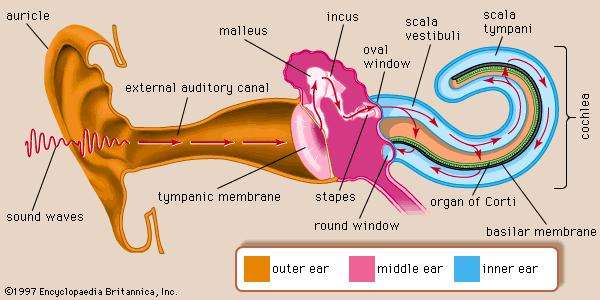
Air pressure and how it affects the ear
A rapid change in altitude creates an instant difference in air pressure between inside and outside the ear. When your flight takes off and the plane begins to ascend, the air pressure inside the inner ear quickly becomes greater than the outside air pressure. The eardrum then swells outward. Imagine a cake rising inside the oven while baking. This causes discomfort and you feel that your ear is ‘blocked’.
The opposite happens while landing. The pressure inside the inner ear rapidly becomes less than outside and the eardrum goes inward. Imagine a vacuum pulling in all the air that causes stretching of the eardrum and flattening of the Eustachian tube. This results in extreme discomfort and also pain.
Often, a quick swallowing or yawning action alleviates the symptoms because it allows the Eustachian tube to open up and restore the air pressure to normal levels. We feel that the ear has just ‘popped’.
Sometimes it is not that easy. It becomes more painful during descent if you have any other condition like congestion of the nose or swelling due to infection. The air gets trapped in the area behind the eardrum putting pressure on it giving rise to excruciating pain.
What can you do?
- Before flying, check if your nose is congested. Use a decongestant spray into each nostril, an hour before flying. However, always check the label before you do so. If you have any medical condition and please check with your doctor if you can use a spray decongestant.
- Some people find chewing gum helpful during landing.
- Yawning is also one of Nature’s ways to manipulate the air pressure back to normal.
- Use earplugs that are specifically designed with a filter to balance air pressure, like "EarPlanes," which can be purchased in most airport convenience stores.
- Try the Valsalva maneuver when the airplane begins to descend. Close your mouth and nose tightly so that no air escapes and then gently (gently!) begin to blow your nose. This will oppose the build-up of the negative air pressure that occurs. Please avoid doing this if you are not feeling well as you may risk having an ear infection. Instead, try the Toynbee maneuver where you swallow the air with the nostril and mouth closed. It will balance the air pressure effectively and prevent ear pain.
- If you have a baby or a child, the easiest solution is to allow the child to drink from a milk or water bottle as the plane descends. The act of swallowing helps to equalize air pressure. Babies often start crying when the airplane begins to land and this is actually Nature’s way to clear the Eustachian tubes and equalize the ear pressure. Before you travel, check with the doctor if you can give any medication to your child during a flight in case of nasal congestion.
- It is good to stay hydrated during flight and avoid sleeping when taking off and landing.
- Should there be any severity, leading to hearing loss, dizziness, or severe pain, please see your doctor as soon as possible. You will regain hearing and be pain-free with the help of your ENT doctor.
The information provided in this article is not meant to be medical advice and is for educational purposes only. If you would like to learn more about this and other hearing-related topics, feel free to contact Tinnitus & Hearing Center of Arizona by clicking here or by calling 480-831-6159.
